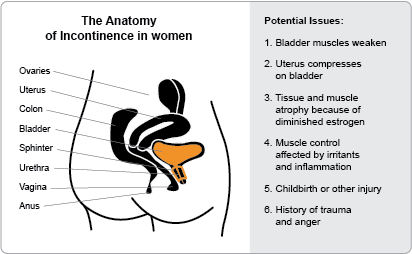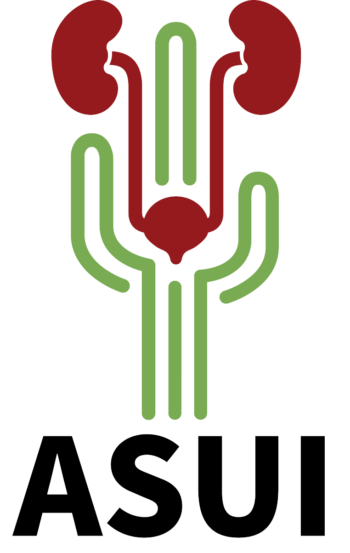
What is Incontinence?
Urinary Incontinence is the general loss of bladder control. Approximately 1 in 3 adult women suffer from stress urinary incontinence, which is the most common bladder control problem among women. This problem can affect women of all ages. While there are several types of incontinence, generally women who experience this problem have uncontrollable urine leakage. This leakage can vary in amount and frequency, but often these symptoms can be treated with simple dietary changes or medical intervention.
Temporary Incontinence vs Persistent Incontinence
Temporary incontinence may be caused by certain foods, drinks, or medications that stimulate your bladder and increase urine volume. These may include caffeine, alcohol, carbonated drinks, sparkling water, chocolate, artificial sweeteners, chili peppers, sugary foods, spicy foods, acidic foods (like citrus fruits), heart/blood pressure medications, sedatives, muscle relaxants, lor large doses of vitamin C. Treatable conditions like urinary tract infections or constipation may irritate your bladder and contribute to the problem.
Persistent incontinence may be caused by underlying physical changes or problems such as pregnancy, childbirth, aging, menopause, urinary obstructions (tumors or urinary stones), or neurological disorders. Obesity, diabetes, smoking habits, family history, and aging all are factors that can increase the risk of developing incontinence.

See Pelvic Floor Training and Axonics/Interstim for more details on how we address symptoms of incontinence at ASUI. Schedule an appointment today with one of our providers to help you explore treatment options!
